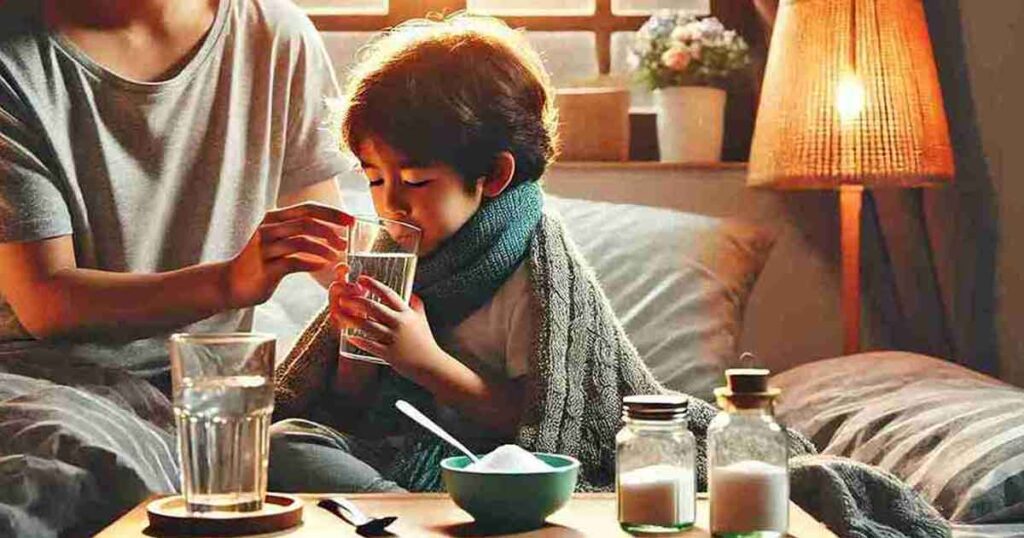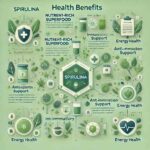Discover the Saltwater Secret: A Natural Remedy for Childhood Colds!
saltwater remedy childhood colds
Scientists Find Simple Saltwater Remedy for Treating Childhood Colds
New findings reveal that hypertonic saline nasal drops can cut the duration of children’s colds by two days and limit the spread within families, presenting a straightforward and effective treatment solution.
At the European Respiratory Society (ERS) Congress in Vienna, Austria, new research was presented showing that hypertonic saline nasal drops can reduce the length of colds in children by two days and curb transmission to family members.
The results of the ELVIS-Kids randomized controlled trial were shared by Professor Steve Cunningham from Child Life and Health at the University of Edinburgh, UK.
He noted, “Children experience up to 10 to 12 upper respiratory infections, commonly referred to as colds, each year, significantly affecting both them and their families. While medicines like paracetamol and ibuprofen can alleviate symptoms, there are currently no treatments that can accelerate recovery.”
saltwater remedy childhood colds: Study Design and Participants
ELVIS-Kids Chief Investigator Dr. Sandeep Ramalingam, a consultant virologist at NHS Lothian in Edinburgh, UK, observed that saline solutions are frequently used in South Asia as nasal irrigation or gargles to treat colds. This prompted him to explore whether these benefits could be demonstrated in a larger, more rigorous study.
The research team enrolled 407 children under the age of six, providing either hypertonic saline (2.6%) nasal drops or standard care when a cold developed. A total of 301 children developed colds. For 150 of them, their parents were given sea salt and instructed on how to prepare and administer the saline nasal drops (three drops per nostril, at least four times daily, until the child was well). The remaining 151 children received standard cold care.
Professor Cunningham explained, “Children using saline nasal drops had symptoms for an average of six days, compared to eight days for those who received standard care. Additionally, children using the drops required fewer medications during their illness.
“Salt consists of sodium and chloride. Chloride is utilized by the cells lining the nasal passages and airways to produce hypochlorous acid, which defends against viral infections. By supplying extra chloride, the cells can generate more hypochlorous acid, helping to curb viral replication and shorten the infection, thereby reducing symptom duration.”
Impact on Household Transmission and Future Research
Among children using saline nasal drops, fewer households reported secondary infections among family members (46% versus 61% for standard care). Notably, 82% of parents reported that the drops helped their child recover faster, and 81% stated they would use the drops again in the future.
Professor Cunningham added, “Shortening the duration of colds in children means fewer family members contract the virus, leading to a quicker return to normal activities, such as school and work.
“Our research also demonstrates that parents can safely prepare and administer nasal drops, giving them some control over the common cold’s impact on their children.”
Professor Alexander Möeller, Head of the ERS Paediatric Assembly and Respiratory Medicine Department at the University Children’s Hospital in Zurich, Switzerland, who was not involved in the study, commented, “This pioneering research is the first to assess the impact of saline nasal drops in children with colds. While most colds don’t lead to serious illness, they can still cause considerable discomfort, particularly for young children and their families.
“This low-cost, simple intervention could be adopted worldwide. Providing parents with a safe, effective method to mitigate the effects of colds would significantly reduce the health and economic burden of this pervasive condition.”
The research team plans to further explore the effect of saline nasal drops on wheezing during colds. Preliminary data from this study indicated that children who received the drops experienced significantly fewer episodes of wheezing (5% versus 19%).
Conference: European Respiratory Society Congress 2024.







